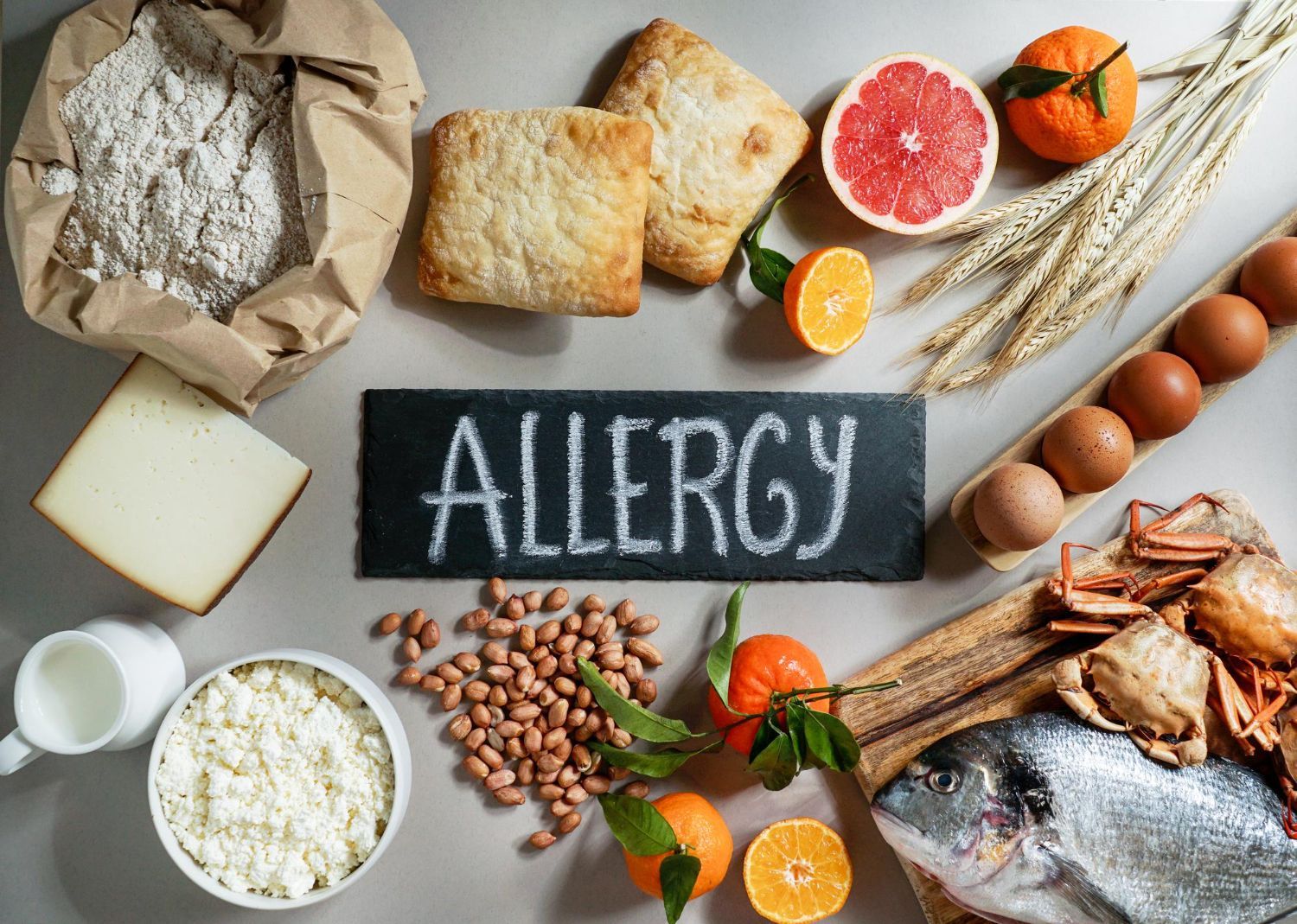Partnering with a food allergy specialist in San Antonio, TX, can make managing symptoms easier and help prevent future complications. Our specialists will evaluate your eating habits, symptoms, and family history.
If signs of food allergies are identified, they will recommend the best testing methods to pinpoint the cause and guide your care.
How are Food Allergies Treated?
Texans can manage food allergies through a combination of avoidance, medication, and, in some cases, immunotherapy.
1. Avoidance:
Skipping or consistently avoiding allergenic food is the most effective way to manage food allergies. To accomplish this, individuals must read food labels carefully, inquire about ingredients when eating out, and be alert about cross-contamination.
2. Medications:
- Antihistamines can help relieve mild allergy symptoms, such as itching or hives.
-
Epinephrine (EpiPen) is the primary treatment for severe allergic reactions (anaphylaxis). People with severe food allergies should carry an epinephrine auto-injector at all times.
-
Oral or nasal corticosteroids can help reduce inflammation or treat more severe symptoms.
3. Oral Immunotherapy (OIT):
This treatment requires administering gradually increasing amounts of the allergenic food under medical supervision to desensitize the immune system. It’s a popular choice for food allergies involving peanuts, milk, and eggs.
4. Emergency Action Plan:
Patients with food allergies should work with their specialists to develop an action plan for managing accidental exposures, which may include using medications like antihistamines or epinephrine.
5. Education and Support:
Many individuals with food allergies benefit from working with dietitians or allergists to learn how to manage their allergies safely and ensure proper nutrition while avoiding allergens.





